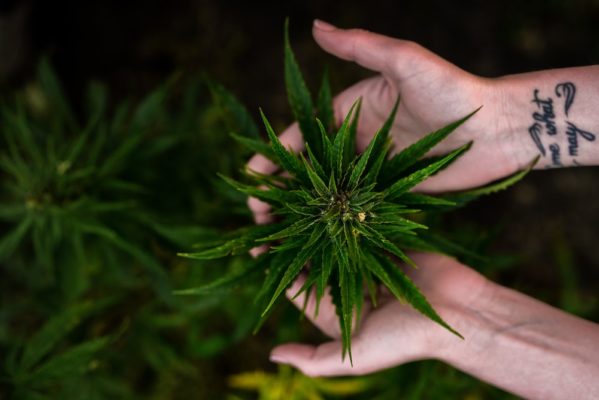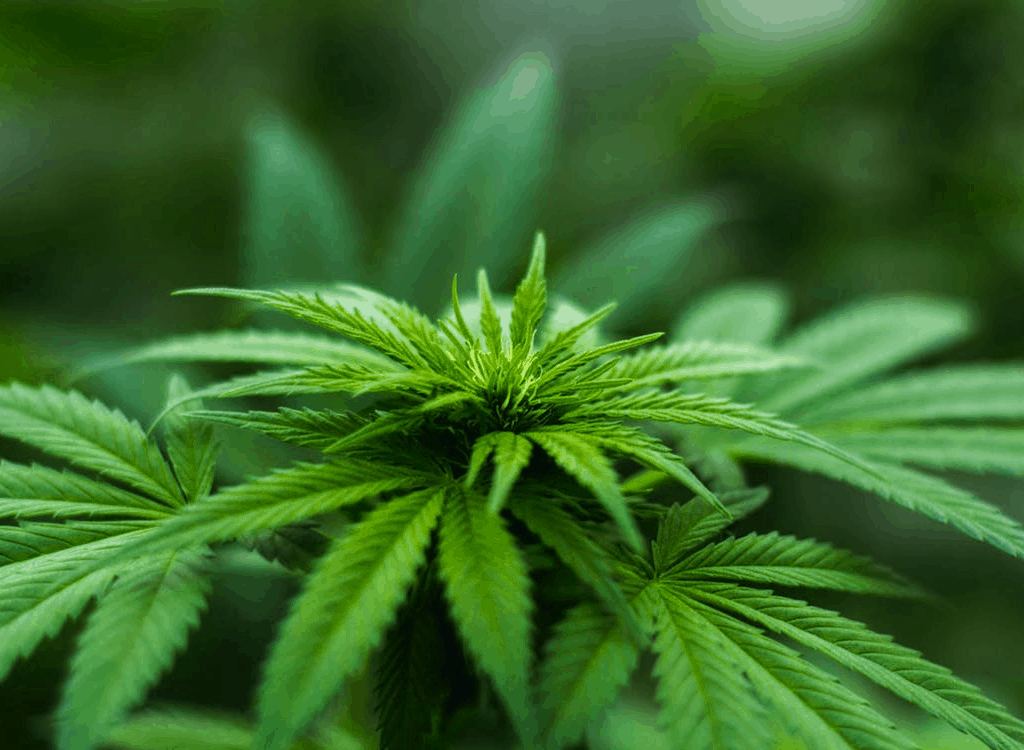It’s something you’ve probably thought about to a great degree; how to get drugs out of your system, and how to do it fast. I mean, we all love the effects of weed, but what about the consequences of tomorrow? Or the next day? Or next week? Random drug testing is common at many workplaces in the US. And it goes without saying that the difference between passing and failing can have major repercussions.

In truth, the actual effects of cannabis tend to fade quickly (a matter of hours). However, marijuana can be detected in your body for weeks after you’ve consumed it. Sometimes even longer. The length of time that weed can be detected in your system depends on several factors, including:
- Age
- Gender
- Metabolism
- Body Mass Index (BMI)
- How often you smoke
Understanding cannabis’ interaction with the human body
Whether you are new to smoking weed and curious as to how long it will stay in your system, or if you are afraid of potential drug screening at work, understanding how weed interacts with the body – and knowing how to clean out your system based on how long it is detected for in various parts of the body – is invaluable information. Being safe from random drug testing is the never-ending goal for thousands of cannabis users. This article is designed to help.
For everyone out there wondering “how long does pot stay in your system” or “how to clean out your system fast,” hopefully this guide will help set your mind at ease. Passing an all-important drug test can be a pivotal moment in your life, and we’re here to help.
How Long Does THC Stay in Your System
Tetrahydrocannabinol, aka THC, is the ingredient in marijuana responsible for the plant’s psychoactive effects. In other words, it’s the compound that causes the high. When addressing the question of how long it takes weed to leave your system, THC is what we look at. In a loosely scientific sense, we want to know how long THC metabolites “linger around” fatty tissue for.
When smoking marijuana, THC enters your system almost immediately. However, if ingested (eaten as an edible) the process is a little longer – at least 20 minutes. Whichever option you choose, the result will be the same. Your body will quickly metabolize the psychoactive compounds; this is why we stay high for hours instead of weeks at a time.

THC Leaves the Blood Relatively Quickly
Because THC is broken down relatively rapidly and modified into molecules known as metabolites, it is detectable in the blood for the shortest amount of time. This is, of course, good news for those of you who will be undergoing a hematology screening, or for those who are wondering how to how to clean your system in one day.
When the liver breaks down THC, it forms at least 80 different metabolites – one of which is THC-COOH. This is the metabolite that is primarily screened in drug tests. The question of how long THC stays in your system is a complex one with a variety of contributing factors. Naturally, this can make figuring out how long cannabis stays in your system a difficult task.
Results May Vary!
Truth be told, the amount of time THC stays in the system varies from person to person. To add to the confusion, there are also thousands of different strains of marijuana available on the market, and each one has different cannabinoid profiles and varying levels of THC.
In terms of its chemistry, THC is lipid-soluble. This means the molecule will embed itself into the body’s fat tissue. As a result, THC and its metabolites are stored more readily in people with higher body fat compared to people who are lean. To put it kind of crudely, the fatter you are the longer weed will linger in your system.
This is unfortunate for those with impending drug tests because THC is eliminated the slowest when it is stored in fat tissue. It may be present for days, weeks, or even months depending on how much weed was consumed. The difference between occasional users and frequent users can also be vast. Frequent users will retain THC metabolites in their fat tissues for a lot longer than occasional users. So if you’re a habitual user and are frantically scouring the web for how to clean your system fast, there may not be a whole lot you can do.
How Long Does It Take THC-COOH to Leave the Body?
On average, THC-COOH will take about four days to exit the body. In a study done a few years ago on 52 test subjects, it was found that an average of 4.9 days was required for THC to be entirely cleared from the system. However, it took up to 18 days for THC-COOH (the trace metabolite) to be eliminated from some of the test subject’s urine samples.
In a separate study, it was found that THC stayed in the system of infrequent users for 48 to 72 hours, while detectable amounts were seen anywhere from 9 to 12 days after THC exposure in more frequent users.
How Long Does Weed Stay in Your Urine?
If you’re asking yourself ‘how long does marijuana stay in your system,’ what you’re more likely wanting to know is the amount of time that it stays in your urine. In other words, when people ask things like ‘how to flush your system efficiently,’ what they really want to know is how to clean urine to the point where THC metabolites can no longer be detected.
Drug testing is of course pretty standard protocol among companies all over the world. Most employers require that their employees undergo a test revealing the absence of drugs. Of course, you already know this. After all, you’re here online searching for how long weed stays in your system for!
Apart from blood and saliva tests, urine testing is one of the most effective ways to screen a person for marijuana use. This is quite obviously why one of the most frequently-searched terms online is ‘how to clean your urine.’ Urine testing is the cheapest method of drug testing, and it has one of the longest detection periods. Therefore, it’s essential you know how long weed can be detected in your urine after consuming it.

The secret. Drink high fat milk as substitute to water 48 hours before the test. All my fellows, that’s the trick!